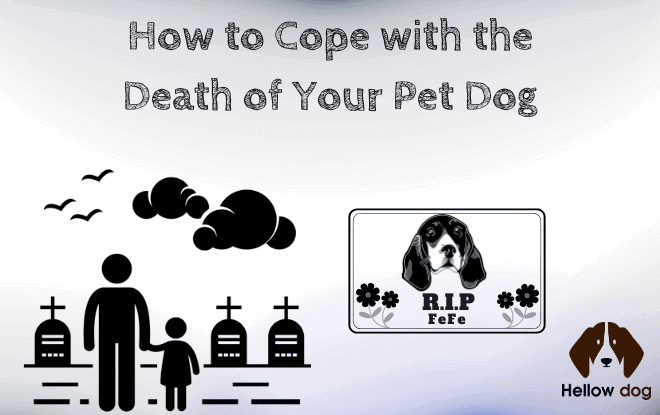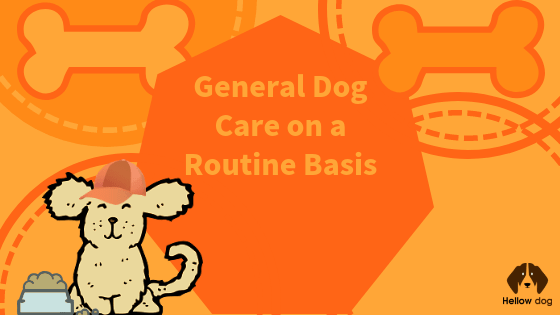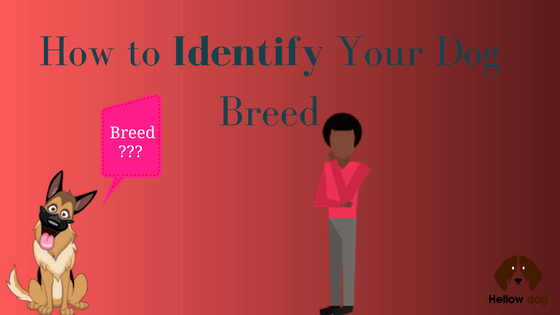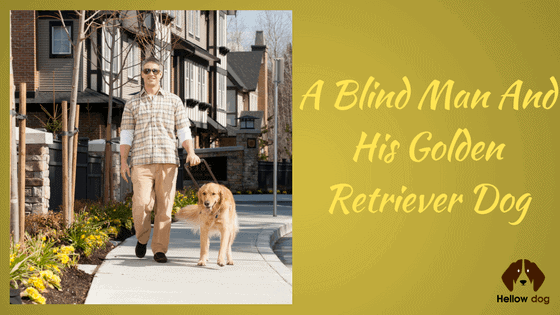A pet dog can become a great friend. If you tend to have a bad day because of your lack of popularity in high school or your problems with your studies, your pet dog will always be by your side and will love you the same. A huge number of people around the world have pet dogs, which implies that people suffer the grief of losing a beloved animal daily.
Whether due to their advanced age, because they have contracted an illness or due to an accident, pet dogs, like everyone else, die. We also arrange memorial services for the deceased, which is natural. But how do you cope with pet loss?
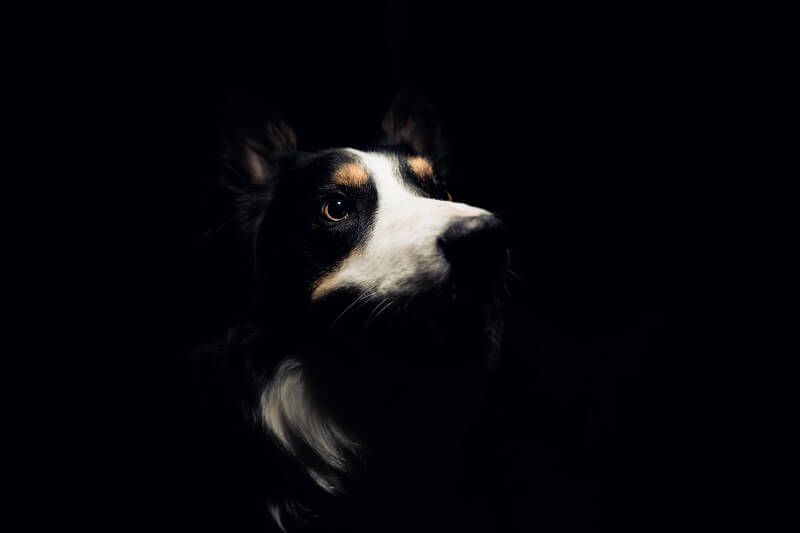
How to Cope with Losing a Dog
Dogs are faithful companions, as well as a source of unconditional love. They give us the feeling of being necessary. Owners, of course, avoid thinking that their pets will one day die, so, regardless of the cause of death, they rarely know how to cope with the loss of a pet.
The emotions that wake up during the loss of a dog can be quite complicated and difficult to cope with. For example, you can feel angry when your friends fail to understand how grievous it is to you as a result of the death of a pet. Or maybe you may feel guilty for not spending much more time with it when it was alive. It is completely normal to feel emotional or feel sad when your pet dies. In fact, many teenagers lived with pet loss and have been part of their families for a long time.
Some people feel ready to live with a new pet right after the loss of an animal friend. But there are people who need more time for their lost pets. Sometimes different members of the family need different periods of time in dealing with the loss of a pet.
A person may feel prepared to have a new pet from the beginning, but another may take longer. It is important that you take the time you need to overcome the profound sense of grief and also respect this process in the life of other members of your family. Taking care that the mental health does not deteriorate.
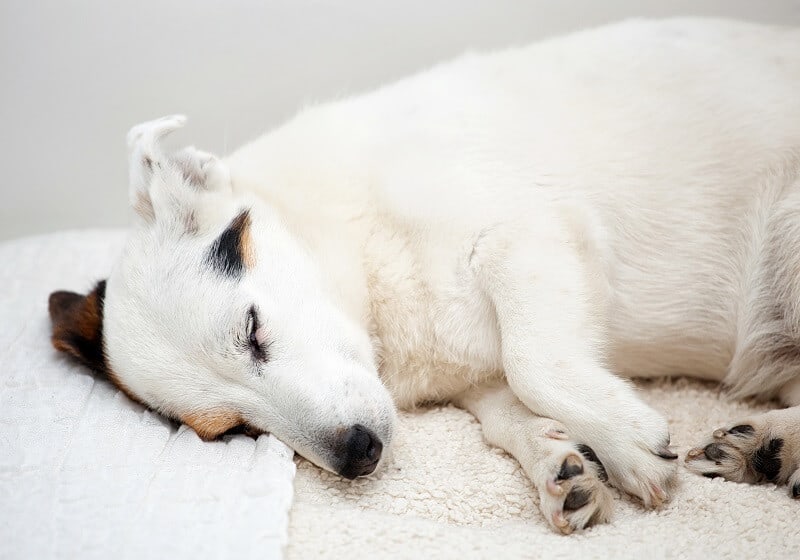
What Happens When a Dog Dies Naturally
Dogs like all living beings have a soul and if treated with respect, love and affection, can after their natural death, remain up to 4 years alongside those who gave them such love. This tends to be their own way of avoiding the suffering which comes along with separation. When a pet dies naturally, it comes back to having the same vitality as when it was a puppy. Whoever has lost a friend, knows that he continued or continues with you, with the same happiness as ever.
Animals, unlike men, do not have the time of erraticism (long interval between one incarnation and another). When they die, almost instantly, their soul or vital energy is drawn magnetically and by affinity to yet another incarnation process. That way, little by little, it is progressing. We must remember that the law of progress is one of the fundamental principles of the Spiritist doctrine.
The souls of some animals can, like the dogs, return quickly to their owner, through another one that is born. But this is only due to the amount of love shown to them while they were alive.
How Pet Loss Support Group Can Help You?
They are of great help for emotional support. You find people who have gone through the process and have overcome them. The peers can comfort you, cheer you up, find ways to confront the grief process through counseling, and make you understand how donating can help. They help you to take part in volunteer work. The changes you can make in your daily routine to decrease the overwhelming grief. When you meet them on a daily or weekly basis you are more enlightened and more motivated to overcome the loss of your beloved pet. However, it must be understood that time is the best healer.
Stages of the Grief Process After Losing a Pet
Contrary to many people’s beliefs, it is normal to grieve after losing an animal companion. When a pet’s life ends, it is necessary to cry, vent, reflect, and feel the loss. Each person experiences the grieving process that is experienced when a loved one is lost differently. However, you can distinguish several phases in the process of overcoming the death of the dog, which is comparable to those experienced with the death of a loved one. Distinguishing them, accepting them, and assuming them helps to overcome better the process of accepting the death of the animal.
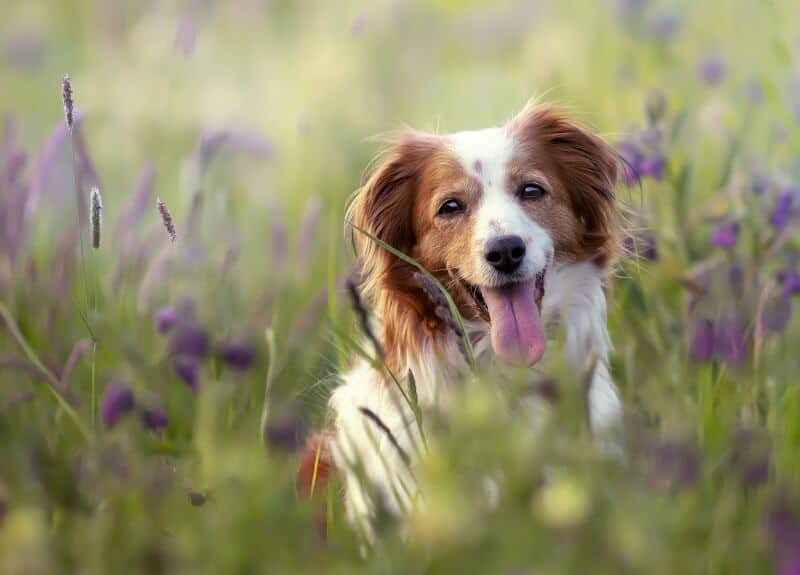
The stages include:
1. The Denial Phase
This occurs when the pet dies. It does not usually last long, around a few minutes or hours. It depends on the degree of union that the pet owner had with his dog.
This type of event is hard and difficult to assimilate, so you experience a shock process that does not allow you to assess or assimilate the loss because the pain is too intense. In this way, the person can think about the death of his animal: “it is not true” or “it is an error.”
The person who loses his dog can play with the fantasy that the dog will appear at any moment through the door and that what has happened is, surely, a sad mistake”.
2. The Anger Phase
This occurs as a psychological defense mechanism; and involves a reaction of aggression or anger. It is a typical response to humans when they are hurt.
In this phase, the dog owner also desires to attack those responsible for the loss. (In case of an accident). Some people even feel anger towards the dog that has left.
3. The Guilt Phase
Here, pet owners tend to look for causes of the pet’s death, and if for any reason they can attribute it to their own behavior such as carelessness or negligence, the guilt will begin to take shape. These are irrational ideas and feelings, but normal in this phase of guilt.
4. The Negotiation Phase
In this phase, the grieving person fantasizes about recovering his dog. The thoughts and fantasies appear as: “if I do this, my dog will appear.” The person who is religious goes to his God to find comfort, and the thoughts about the deceased dog are continuous because the memories of the moments lived with the animal become almost an obsession.
5. The Depression Phase
Here, feelings of sadness or grief predominate. The pet owners show no appetite and may have difficulty falling asleep. During the depression phase, the owner’s mental schemas change rapidly to readjust to the routine of his daily life.
6. The Adaptation Phase
This phase can be referred to as the end of mourning over the death of the pet’s life. The factors that help one to accept the situation are pain and a change in mental patterns that occur. In this way, it is possible to elaborate on the duel and fit the loss into our daily life. Although a bit difficult to replace you may take other pets to overcome the loss.
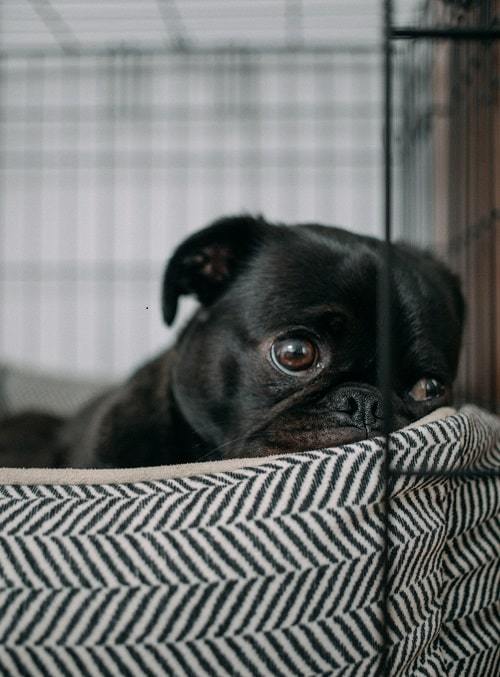
Letter From Dog to Owner After Death
Do not Cry for Me…You have given me a home to live in, you have provided me with food and, above all, you have given me your love and your company. The last thing I want is to see you suffer for me.
Now that I am not with you, I do not want to see you sad. I wish that when you think of me, you smile because that way I will know that my memory makes you happy.
I want you to remember the good times we shared, our signs of affection, our games … and if I ever let you down, or behave badly, forgive me …
And, please, do not throw away my toys, my bed, or my things, because in this world many other colleagues live alone, sad and unloving … many who would give their lives to share yours.
No, do not say it, do not say you do not want to have more animals … that makes me think that the time I was with you did not make you happy.
Please, try to understand that my death is not in vain, that it serves so that another has the luck to be able to live and to know how beautiful your friendship is, that knows the true “dog’s life,” that discovers the affection.
Do not be sad … I’m not because I know you keep that special corner for me in your heart.
Poem From Dog to Owner after Death
*You were the best person a dog could have as a friend.
I was just a puppy when we met for the first time. You gave me true love right from the beginning,
Good times we had together, we shared all life brought our way,
but sadly, the years raced by all too quickly, my time to leave has arrived,
I am very much aware of how much you desire to have me around,
I see the tears which flow when I’m not available at the door.
Your love was bold for the whole world to see,
even though my departure left you heartbroken, you set my spirit free.
So please be brave despite the void my absence has created, we’ll surely meet one day again.
*On the shadow:unionshoreblog
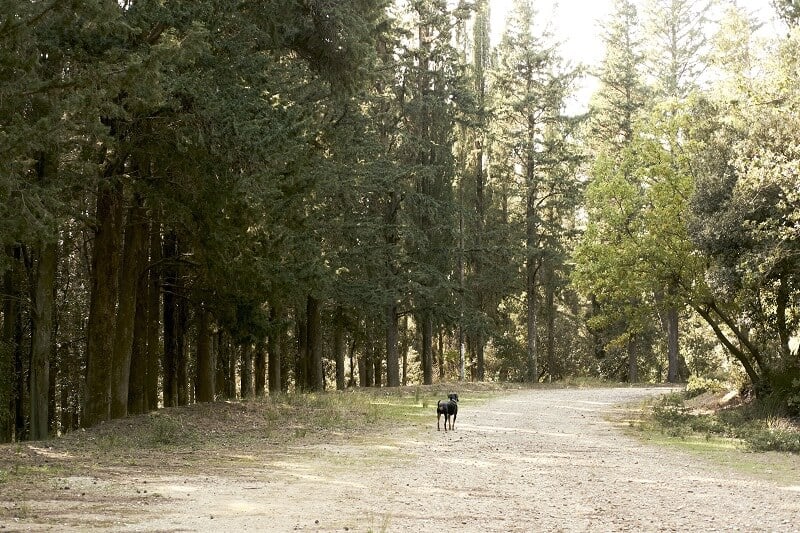
Death of Your Pet Dog: 10 Tips to Help You Cope
A beloved dog is a member of the family. When they die, it can be difficult to cope with the loss.
Here are 10 tips that will help you process your feelings and move on:
1) A pet owner should talk about their dog’s death with friends and family members who have also lost their pets.
2) Write in a journal or blog to release any pent-up emotions you may be feeling.
3) Share memories of your dog through a photo album, videos, stories; or anything that feels cathartic for you.
4) Seek out help from either a pet loss support group/ online community or local grief counseling center or pet loss hotlines.
5) Take care of yourself with a healthy diet and get enough rest
6) Keep yourself in touch with those who provide medical advice
7) Take part in charity for a local animal shelter that needs it. To keep the pet’s memory alive you may donate or work as a volunteer there.
8) If the problem is acute you may need a support psychiatrist for your emotional well-being.
9) To get away from pet grieving go for a tour to refresh your mind
10) You may adopt another pet
Conclusion
For people who have pets, the loss of a pet is more than the simple loss of an animal. It is also the loss of a friend and companion. Overcoming the death of a beloved pet dog you have had and taken care of can be difficult. It is very likely that you will experience the stages of grief and need the support of your family and friends to help you get ahead. You can also pay tribute using words for the loss of a dog as a way to process your emotions and honor their death as highlighted above.
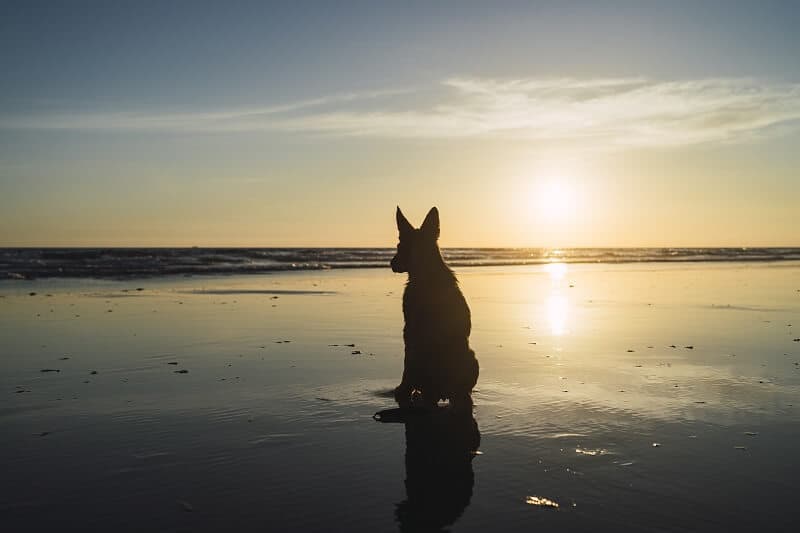
Here are some Frequently Asked Questions (FAQ) People Ask:
Why is losing a beloved pet so painful?
Many people love their dogs and find them to be the perfect companions. They are always there when you need a friend, they make great alarm clocks, and they will never judge you (even if your house is a mess). Losing a dog is one of the most difficult things that you could ever go through. It’s like losing a family member and it can be just as painful for your children to go through this loss.
It can be so hard to cope with losing your best friend, and it can take years before you finally get over the loss. Why does this happen? The pain associated with losing a pet usually stems from three things: attachment to an animal, companionship, and identity.
However, it doesn’t have to feel like the end of the world.
How do you feel better after your dog dies?
Whether you have had your dog for a few years or just a few months when they die it can be difficult to get over the loss.
Now you may try to contemplate the happy memories of a friend who always made you laugh, someone who was there for you when no one else was. Some days everything seems like it’ll never get better and others seem manageable; find out which day-to-day activities make life easier after losing their pup.
Make sure that you don’t hide your feelings. That may hurt you more. Conversely, people close to you may easily understand your pain and sorrow and be able to be of help and consolation.

